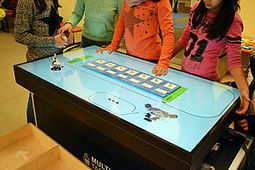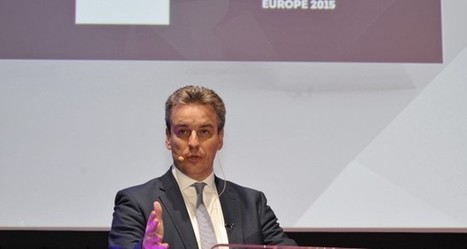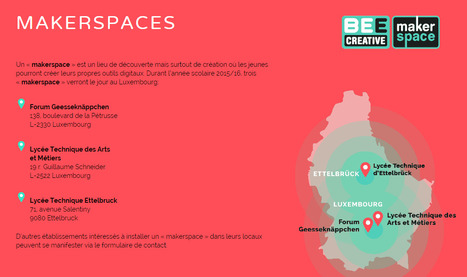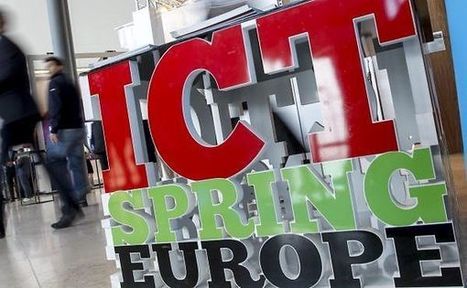L'Éducation nationale formera les futurs spécialistes dans les technologies de l'information et de la Communication. Dans le cadre de l'ICT Spring, le ministre de l'Éducation nationale, de l'enfance et de la jeunesse, Claude Meisch, a exposé les grands axes de la stratégie «Digital4education». Elle s'inscrit dans le cadre de l'initiative Digital Lëtzebuerg qui ambitionne de renforcer et de consolider la position du Grand-Duché dans le domaine des TIC.
La stratégie «Digital4education»vise à préparer les jeunes à vivre dans un environnement professionnel et privé en mutation constante. Elle amènera les élèves à développer des compétences indispensables dans l’utilisation des TIC et à promouvoir des projets pédagogiques utilisant l’école numérique. Cette stratégie digitale s’articule autour de cinq «dimensions» qui se déclinent en projets.
Dans le premier «digital citizen», l’école est censée initier les enfants à des applications clés qu’ils utiliseront dans leur vie d’adulte. Ils seront également sensibilisés aux questions de l’utilisation de leurs données personnelles sur les réseaux sociaux et de prévenir les risques. Le second nommé «digital peer» intègrera une dimension éthique et sociale. Les élèves aborderont la notion de sécurité sur Internet, le harcèlement moral sur les réseaux et une notion importante comme le droit à l’image.
Via
Gust MEES



 Your new post is loading...
Your new post is loading...












Part of the research conducted at the Luxembourg Institute of Science and Technology (LIST) probes the boundary of current technology. Researchers of the LIST would like to invite you to discover one of the innovations in the domain of Tangible User Interfaces that they are currently developing to help adopters of the tangible tabletop technology to develop applications. As a big part of Applied Research is the transfer of knowledge, we would be happy to welcome you to our TULIP Hackathon!
Part of the research conducted at the Luxembourg Institute of Science and Technology (LIST) probes the boundary of current technology. Researchers of the LIST would like to invite you to discover one of the innovations in the domain of Tangible User Interfaces that they are currently developing to help adopters of the tangible tabletop technology to develop applications. As a big part of Applied Research is the transfer of knowledge, we would be happy to welcome you to our TULIP Hackathon!
Part of the research conducted at the Luxembourg Institute of Science and Technology (LIST) probes the boundary of current technology. Researchers of the LIST would like to invite you to discover one of the innovations in the domain of Tangible User Interfaces that they are currently developing to help adopters of the tangible tabletop technology to develop applications. As a big part of Applied Research is the transfer of knowledge, we would be happy to welcome you to our TULIP Hackathon!